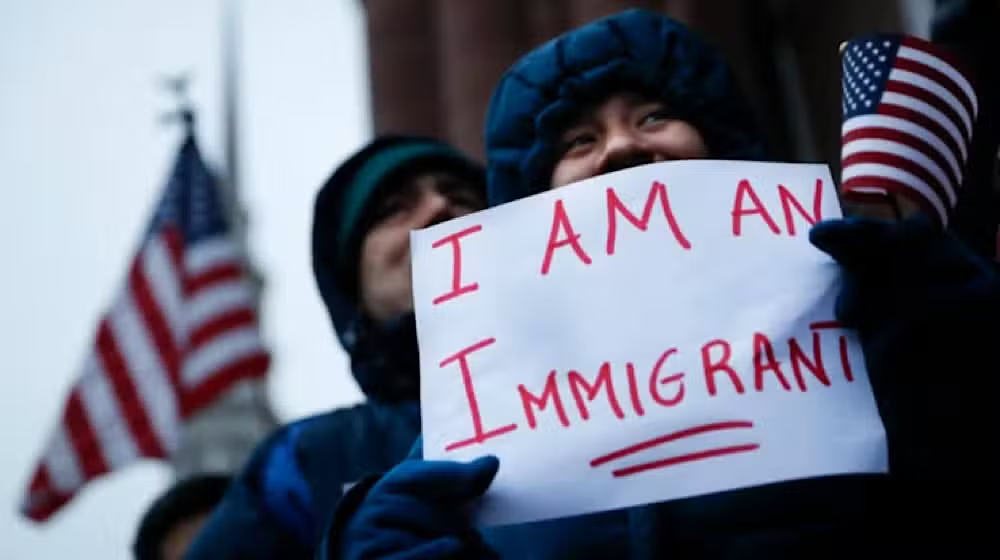The United States has revoked the legal status of more than 500,000 immigrants, requiring them to leave the country within weeks.
This decision aligns with President Donald Trump’s intensified immigration crackdown, which aims to curb migration, particularly from Latin America.
The revocation order impacts approximately 532,000 Cubans, Haitians, Nicaraguans, and Venezuelans who entered the U.S.
As a result, affected immigrants must leave the U.S. by April 24, 2025, unless they can obtain another legal status to remain in the country.
Why Did the U.S. Revoke Legal Status for These Immigrants?
The Biden administration originally implemented the humanitarian parole program as a temporary relief measure for individuals fleeing unstable conditions in their home countries.
President Trump has long been vocal about his opposition to large-scale immigration programs and has pledged to eliminate temporary protections that allow migrants to stay in the U.S. for extended periods.
Enforcement of stricter immigration laws: The administration believes previous policies loosened immigration restrictions beyond legal limits.
Focus on border security: Trump’s immigration policies aim to reduce migration from Latin America by tightening entry requirements.
- Family separations
- Loss of employment and housing
- Vulnerability to violence or persecution in home countries
Organizations like Welcome.US have urged affected individuals to seek legal guidance immediately to explore any possible options for remaining in the country.
Mass Deportation Plans Under Trump’s Administration
President Trump has promised the largest deportation effort in U.S. history, further intensifying enforcement actions.
- Deporting over 200 suspected gang members to El Salvador under a special wartime measure.
- Invoking the Alien Enemies Act of 1798, a rarely used law, to expedite deportations of immigrants deemed a security risk.
- Increasing immigration enforcement at workplaces to remove undocumented employees.
These moves have sparked legal challenges, with federal judges reviewing whether the administration’s actions comply with constitutional rights.
Consulting an immigration attorney to explore visa options. Applying for asylum if returning home poses a serious threat.
Seeking employer-sponsored visas for those with job offers in the U.S. Checking eligibility for family-based sponsorship through relatives who are U.S. citizens or legal residents.
With uncertainty looming, advocacy groups, legal experts, and affected communities are bracing for further immigration restrictions under the Trump administration.


